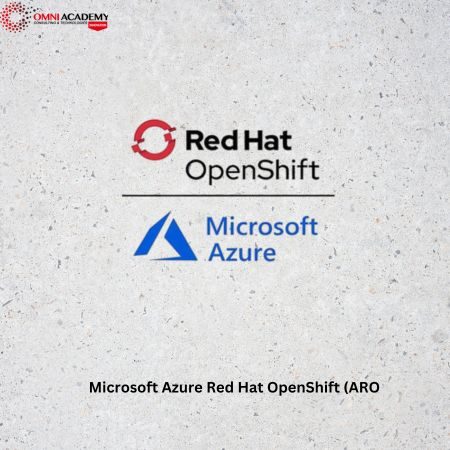- Home
- Contact Us
- Services
- Website Design
- Odoo ERP/CRM Cloud Application for Small Business
- Employee Training & Development
- Hire an Intern or Fresher
- Oracle Remote DBA Services
- Oracle ERP Cloud Implementation – Support
- Oracle ERP Implementation Health-Check Services
- Cyber Security Services
- ISO 27001 Compliance – ISMS
- Digital Marketing Services
- Oracle ERP Cloud Demo or FREE Support
- Courses
- Digital Marketing
- Cloud Computing -AWS Azure Google
- Diploma Cloud Computing
- AWS Solutions Architect – Associate
- AWS Cloud Developer
- AWS Certified Solutions Architect Associate Professional 2 in 1
- Oracle Cloud Infrastructure Architect Associate
- Microsoft Azure Administrator Associate
- Google Cloud Certified Professional Architect
- Salesforce Certified Administrator
- ZOHO CRM Admin and Developer
- Network and System Administration
- Information Security and Audit
- Database Administration
- Data Sciences AI ML IoT
- Programming
- Oracle and SAP ERP
- ISO IEC Certification and Audit
- ISO 50001 Energy Management Systems
- ISO 45001 Occupational Health and Safety
- ISO 38500 IT Corporate Governance
- ISO 29001 Oil and Gas
- ISO 27001 Information Security Management
- ISO 22301 Business Continuity Management
- ISO 22000 – Food Safety Management
- ISO 14001 Environmental Management
- ISO 9001 – Quality Management System
- ISO 8000 Master Data Quality Manager (MDQM)
- Mobile and Web Development
- Human Resource – Soft Skills
- Graphic Design & Multimedia
- Banking and Finance
- Digital Marketing
- Join Online Class
- Digital Marketing
- Cloud Computing AWS Azure Google
- AWS Cloud Practitioner Essentials
- AWS Solutions Architect – Associate
- AWS Cloud Developer
- Microsoft Azure Administrator Associate
- Microsoft SharePoint Admin
- Oracle Cloud Infrastructure Architect Associate
- Google Cloud Certified Professional Architect
- Salesforce Certified Administrator
- ZOHO CRM Admin & Developer(2 in 1) Course
- Cloud Computing Diploma
- Cyber Security – Ethical Hacking – PenTest
- Data Science Machine Learning
- Business Intelligence and Data Analysis
- ISO – ISMS – ITIL Certification
- Web and Mobile Development
- Full Stack Web Developer
- Web development Bootcamp with React JS
- Application development with React Native
- Advanced Web Development PHP & MySQL
- Flutter Mobile Application Development
- Mobile App Development
- E-Commerce Online Business Web Development
- Laravel – PHP Frameworks
- ASP .NET
- Salesforce Certified Platform Developer
- SAP ERP Courses
- Oracle Fusion Cloud
- Graphic Design
- Pass PMP Certification Exam
- CHRMP
- Digital Marketing
- EXAM SIMULATOR
- Events
- Academy for Business
- Teach at Omni
- Partner Program
- Jobs & Freelance Work
- Sign In/Sign Up
- Offers
- Online Tuition



